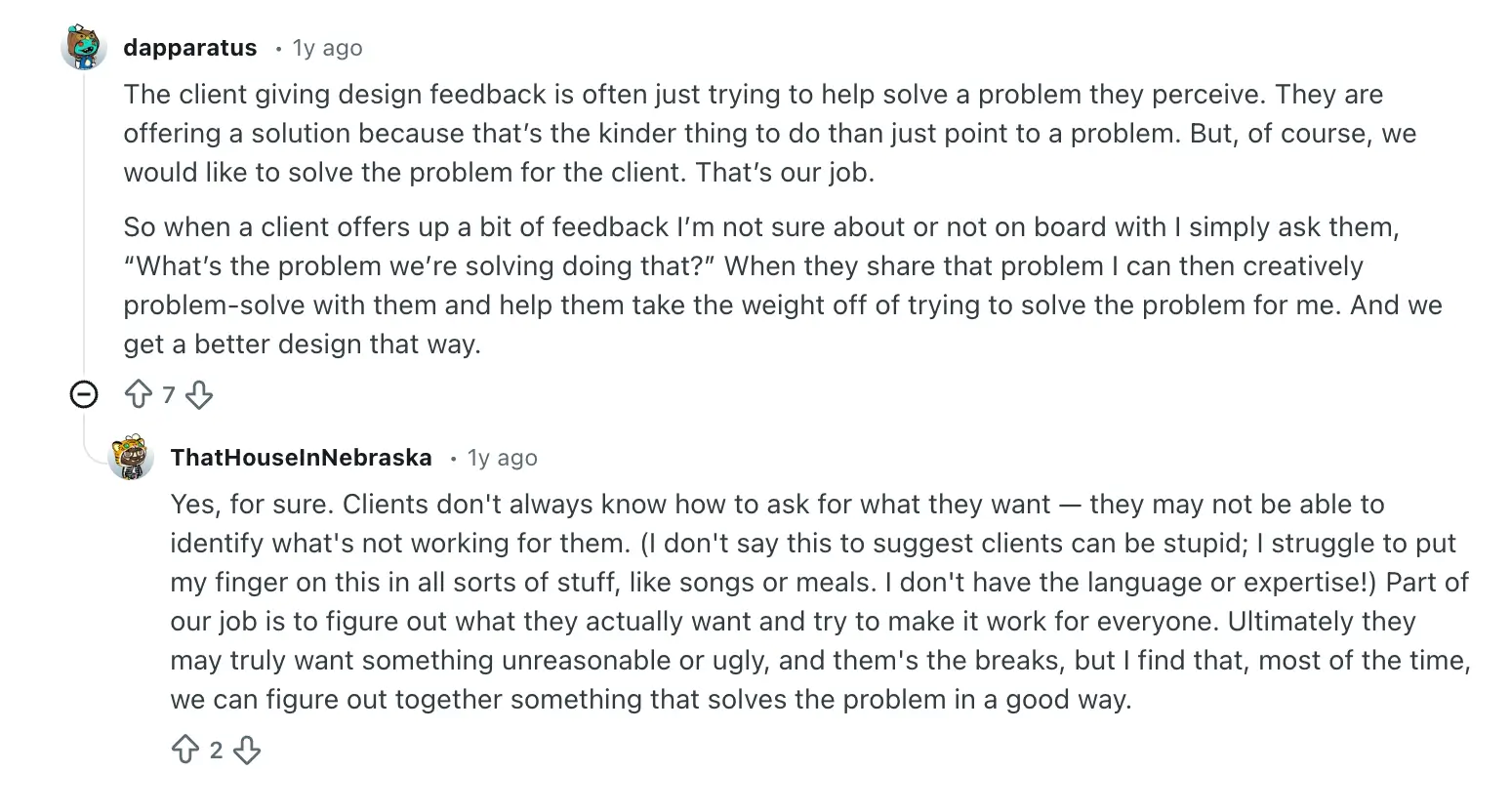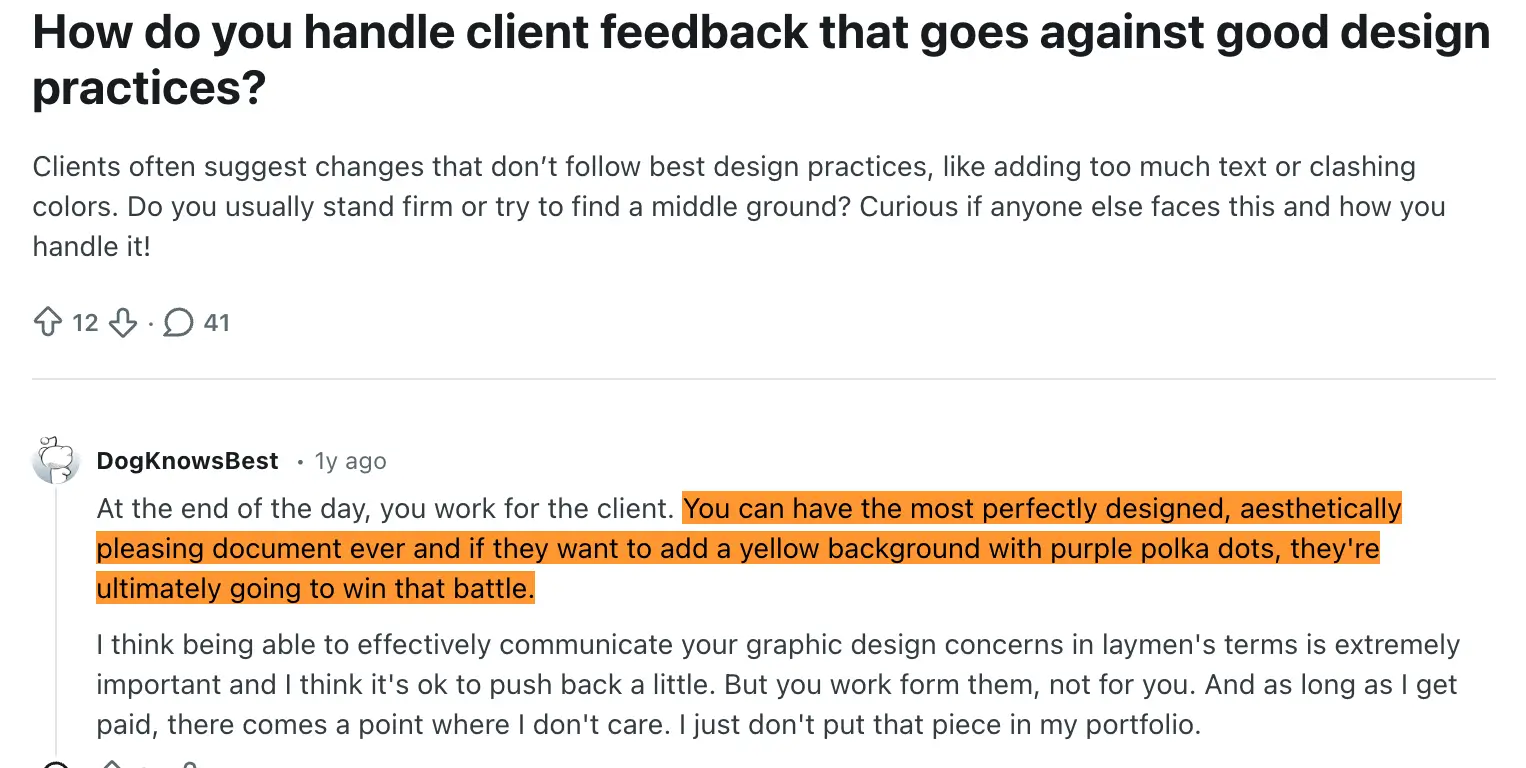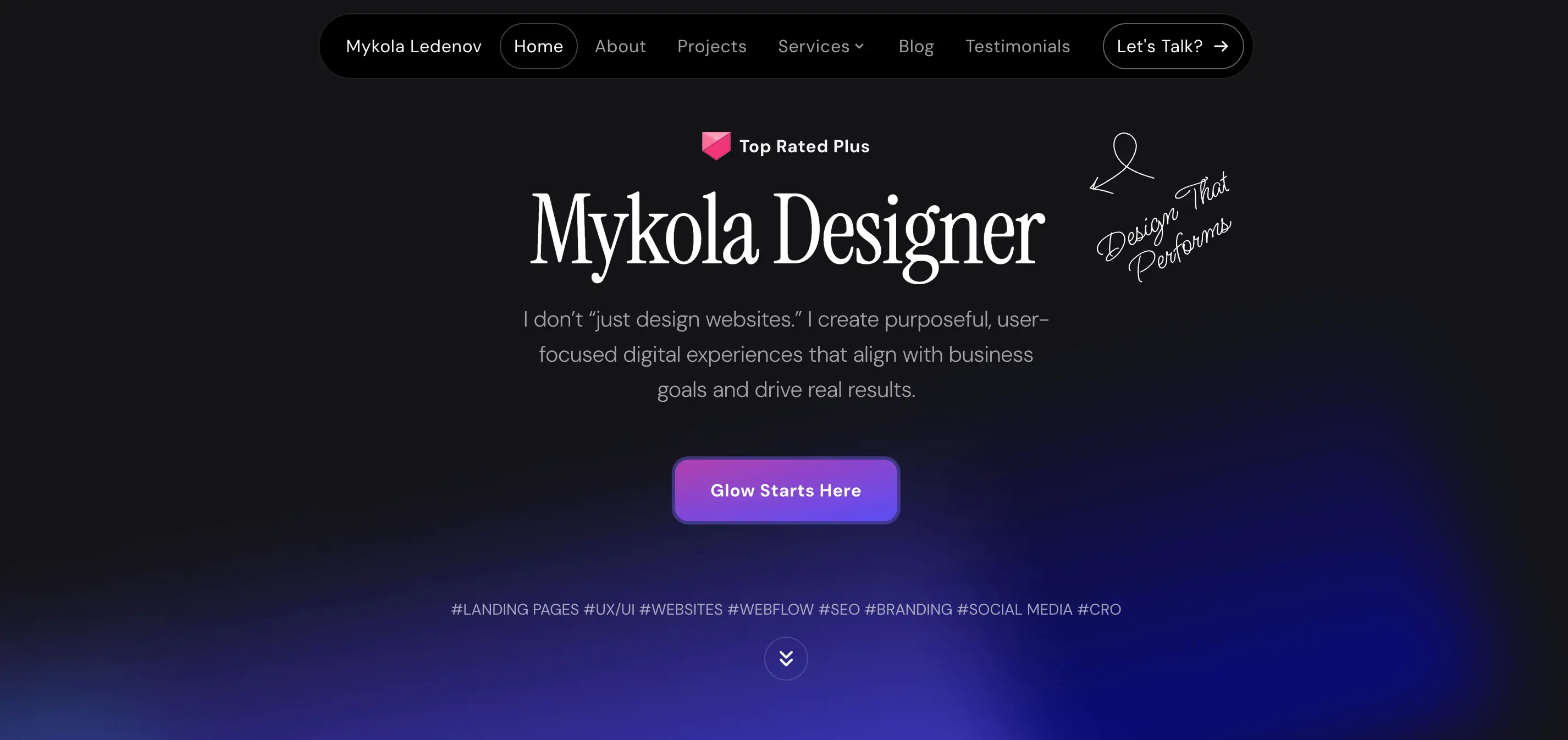Elon Musk's $97.4 Billion Bid to Take Over OpenAI Rejected by Sam Altman
News
Feb 12, 2025
0 min
The artificial intelligence sector witnessed another high-stakes power struggle as Elon Musk and a consortium of investors proposed a $97.4 billion bid to acquire OpenAI, the organization behind the revolutionary ChatGPT. The offer, which sought to return OpenAI to its nonprofit roots, was swiftly rejected by OpenAI CEO Sam Altman, underscoring deep-seated tensions between the two tech visionaries.
Musk, a co-founder of OpenAI, has long criticized its shift toward a for-profit model and close partnership with Microsoft, arguing that the company's approach compromises AI safety. On the other hand, Altman has defended OpenAI's current trajectory, emphasizing the need for resources to develop cutting-edge AI systems.
The rejection of Musk’s bid raises critical questions about OpenAI’s future direction, the ethics of AI commercialization, and the ongoing battle for leadership in artificial intelligence.
A History of Collaboration and Conflict
Musk and Altman have a complex history that dates back to 2015, when they co-founded OpenAI as a nonprofit research lab with a mission to develop AI for the benefit of humanity. The goal was to ensure that advanced AI systems would not be controlled by a single corporate entity, but rather remain open and accessible.
However, tensions began to emerge in 2018, when Musk stepped down from OpenAI’s board. He cited conflicts of interest with Tesla’s AI-driven autonomous vehicle projects but later revealed deeper concerns about OpenAI’s leadership and direction. In public statements, Musk expressed frustration that OpenAI had abandoned its nonprofit origins, aligning itself closely with Microsoft, which has invested billions in the company.
Since then, Musk has been openly critical of OpenAI and Altman, accusing them of prioritizing profit over safety. In contrast, Altman has pushed back, arguing that the scale of AI development requires substantial financial backing and that OpenAI remains committed to its original mission.
Musk’s $97.4 Billion Bid – A Strategic Move?
Musk’s latest attempt to regain control of OpenAI is widely seen as a bold strategic move, aligning with his vision for open-source AI.
According to reports, Musk’s xAI venture, along with several investment firms, submitted the offer with the aim of removing Microsoft’s influence and returning OpenAI to its original structure.
Musk has long championed the idea that AI models should be fully open-source, warning that closed models could become dangerously powerful without oversight. He has also launched his own AI company, xAI, which has been working on alternative models to OpenAI’s ChatGPT and Google’s Gemini.
In a statement, Musk argued that OpenAI’s current structure does not align with its founding principles, calling for greater transparency in AI research.
Elon Musk’s $97.4 billion bid for OpenAI is one of the most ambitious takeover attempts in tech history, signaling his intent to reclaim influence over the AI industry. However, how does this bid compare to other major AI acquisitions, and what would Musk actually do if he gained control of OpenAI?
Comparing Musk’s Bid to Other AI Acquisitions
To put Musk’s $97.4 billion bid into perspective, let’s compare it to other high-profile AI investments and acquisitions:
Microsoft’s Multi-Billion Dollar Investment in OpenAI
- Microsoft has invested over $13 billion in OpenAI since 2023, securing exclusive licensing rights to OpenAI’s most advanced models, including GPT-4.
- Unlike Musk, Microsoft’s investment was structured as a partnership, giving them cloud access to OpenAI’s technology without taking full control.
- Musk’s **takeover bid is nearly 8X larger than Microsoft's investment, indicating that he isn’t just looking for a stake - he wants full ownership.
Google’s $500M+ Investment in Anthropic
- Anthropic, an AI research firm founded by former OpenAI employees, received a $500M investment from Google in 2023.
- This investment is small compared to Musk’s bid, but it highlights Big Tech’s increasing influence over AI startups.
- If Musk successfully acquired OpenAI, it could trigger counter-bids from companies like Google and Apple, escalating an AI arms race.
Amazon’s $4B Investment in Anthropic
- Amazon also made a $4 billion investment in Anthropic, following a similar model to Microsoft, offering cloud computing in exchange for AI integration.
- Musk’s $97.4 billion offer dwarfs all previous AI investments, suggesting that he sees OpenAI as the single most important AI company to control.
Sam Altman’s Firm Rejection and Bold Counteroffer
Sam Altman wasted no time in rejecting Musk’s bid, making it clear that OpenAI is not for sale. During an AI summit in Paris, Altman dismissed Musk’s motives, saying:
“I think he’s probably just trying to slow us down.”
He further added:
“I don’t think he’s a happy person. I do feel for him.”
In a more lighthearted but pointed remark, Altman took a jab at Musk’s recent financial struggles with X (formerly Twitter), stating:
“No thank you, but we will buy Twitter for $9.74 billion if you want.”

Altman’s sharp rejection reinforces OpenAI’s commitment to its current model, despite increasing scrutiny over its profit-driven direction.
What’s at Stake? The Broader Implications
This power struggle isn’t just a clash of personalities, it represents a defining moment in the AI industry.
The Ethics of AI Development
- Musk believes that AI should be fully open-source, while OpenAI has moved toward a controlled release approach to prevent misuse.
- The outcome of this debate could shape AI regulation and ethical frameworks worldwide.
The Battle for AI Leadership
- Musk’s xAI is seen as a direct competitor to OpenAI, but can it match OpenAI’s pace?
- If OpenAI continues to dominate, Musk may lose his influence over the next generation of AI technology.
Corporate Influence Over AI
- OpenAI’s partnership with Microsoft has raised concerns over corporate control of AI models.
- Musk’s offer signals growing resistance to the idea of AI being developed under the influence of tech giants.
Conclusion: The AI Industry at a Crossroads
Musk’s failed bid to take over OpenAI marks another chapter in the ongoing feud between two of AI’s most influential figures. Their clash of ideologies - Musk’s vision for fully open-source AI versus Altman’s belief in structured, corporate-backed AI development - reflects the larger debate happening in the industry.
As OpenAI moves forward, the tension between these two camps will likely escalate, influencing AI policy, regulation, and innovation in the years to come.
While OpenAI has successfully fended off Musk’s acquisition attempt, the rivalry is far from over. The coming months will reveal whether Musk’s xAI can emerge as a real competitor, or if OpenAI will cement its dominance as the world’s leading AI research organization.
This article is based on publicly available reports and company statements.














